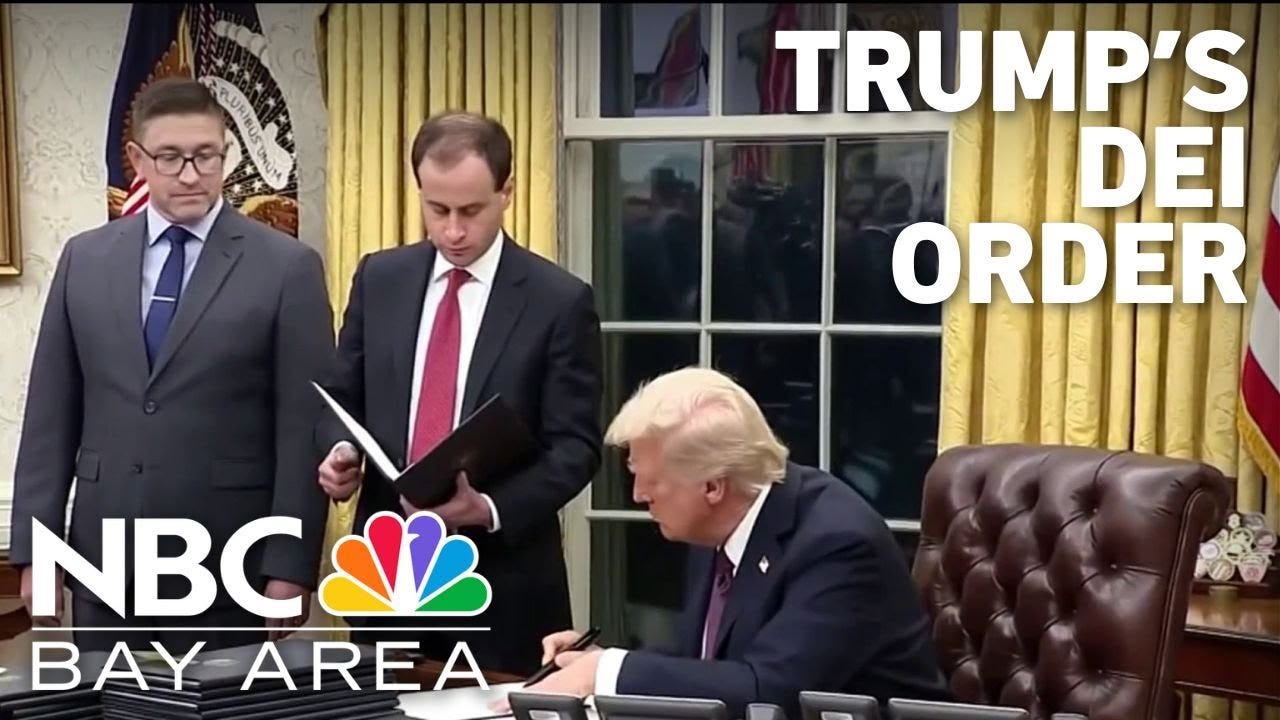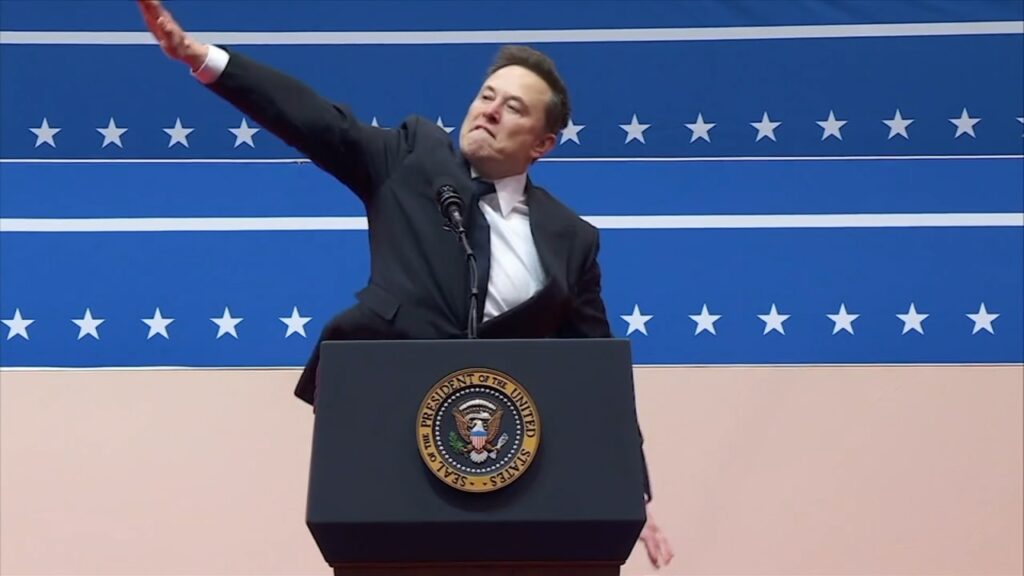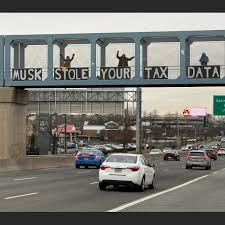In politics if you’re explaining you’re losing, but if you’re being explained, you’re lost.
i.
Emerging from a mysterious bout of food poisoning (and, I reckon, all bouts are mysterious ones, because if we knew in advance what we were about to eat was sketchy or worse, we’d never put ourselves through this), I found myself, in between urgent trips to the loo and the sluggish agonies of full body fevers, contemplating how food poisoning is an ideal metaphor for a lot of the anti-democratic turds polluting the current state of our sociopolitical reality.
It occurs to me, as it often does, that everything is narrative. Obviously. But all narratives are ultimately driven by power, or money, or getting laid. Really, all human activity, especially the violent and definitive kind, can invariably be narrowed down to originating from a desire to attain or accrue more power, to attain or accrue more money, get laid or get back at all the women who rejected you.
Which brings me to Musk, which brings me to Mark Zukerberg, which brings me to Donald Trump, which brings me to Gordon Gekko, which brings me to Ronald Reagan, which brings me to FDR, which brings me to Teddy Roosevelt, which brings me to Upton Sinclair, which brings me to Abraham Lincoln, which brings me (you get the picture).
First, food poisoning. What do I mean about narrative? Because so many of my generation (and before/after, of course), when they think about regulation, think of government inefficiency, or intrusive entities, boring and prissy agents who stymie innovation, form a sort of bureaucratic blockade of our geniuses, always thinking five steps ahead and fully outside the one-dimensional boxes all of us boring normal folk happily exist inside. When I think of regulation, I think first and foremost of Upton Sinclair (in general) and The Jungle (in particular): it was, of course, this book that exposed the unsavory conditions at meat packing plants that prompted Teddy R. to create these agencies. You know, to keep people healthy. And here’s the thing: this wasn’t an attempt to organize the chaotic machinery of commerce; this was a corrective against immoral cretins who knowingly, routinely would pay less, use spoiled meat, endorse child labor, oversee demonstrably unsafe working conditions all to make the tiniest bit more profit. Because that’s good business. This is narrative.
Narrative: consider an example as innocuous as Ghostbusters. Not for nothing was the, allegedly, dickless Walter Peck (!) a government hack, but from the dreaded EPA! There we were, fully ensconced in the Reagan Fever Dream, when it was open season on those annoying and nerdy regulators who worried about trivial things like laws, and public health; get out of the way, man, we’re busting ghosts! And the people lining the streets, cheering on these mavericks can today be seen retweeting Elon Musk, in the sad hope that he’ll see it and offer a digital high five (that there’s actually the possibility, however remote, that Elon Musk will see it, and offer a digital high five, manages to be even more depressing; that this digital troll extraordinaire actually does seem to spend amounts of time online that are beyond unhealthy, beyond reason, when he could be doing literally anything else (insert fantasy of every non-billionaire in the history of forever; he could be doing thatinstead of this. I’m not remotely wealthy but I seldom feel more alive than when I listen to a late fire sermon from John Coltrane; Musk apparently never feels alive at all, but fucking over as many people as possible when a fraction of his portfolio could radically change everything in our world for the better is the closest he gets to feeling…anything.
Narrative: it seems safe to surmise that, for Gen Xers, so many of us thought being a cop meant Miami Vice, being a lawyer meant L.A. Law, and if you really had the hots for a girl, you just stalked her until she realized the error of her ways, a la mid ‘80s John Hughes films (or, to bring it all full circle, you just pull a Musk/Zuck and build the perfect woman, a la Weird Science). Small wonder the playing field is littered with disenchanted, demoralized, much-divorced dudes.

Narrative: Revisiting The Social Network (while ill, no less) is such a cringey hate-watch, it obliges any fiction writer to think “yes, good stuff but over the top.” And then you see Zuck, today, writing a $25m check to Trump, his ridiculous Caesar perm, that embarrassing necklace and think “holy shit, it’s even worse than the movie; he’s so banal and empty of original thought he’s somehow worse than satire.”
(Incidentally, this banger from The Guardian’s Rebecca Shaw is an instant classic.)
Which of course brings us to Trump and, to a lesser extent, back to Musk. That these are both obviously developmentally arrested adolescents whose entire existences–beyond accumulating the most toys, preferably at others’ expense, because the zero-sum game is now the First Commandment of any patriotic True Believer–are an attempt to compensate for the approval and affection they were never shown as children. It will never not be ironic or depressing that Gordon Gekko, in no small part because he was played to such greasy perfection by the effortlessly charismatic Michael Douglas, ended up becoming the patron saint who codified all the wrong lessons from the ’80s: written as over-the-top cautionary tale, so many bros and wannabes watched that movie and said “yes, more of that please.”
What I’d like to say to all of the folks who are either passively accepting this or, worse, abetting it or cheering it on, especially my Gen X brethren and sistren: did you ever imagine you grew up watching James Bond and your life has been reduced to rooting for the most silly and insidious villains from those movies? Worse still, with men like Musk and Zuck, it’s like identifying with —and advocating for—the caricature of those caricatures; not being content with Blofeld but fully on board with Dr. Evil? This, in short, is how America gets more ridiculous with each generation. Which calls to mind the immortal Martin Amis, who got us squarely in his sights when (not so coincidentally) discussing Donald Trump, writing, “being more or less unembarrassable, Americans are fatally attracted to the embarrassing.”

ii.
It’s beyond appalling that we are ceaselessly listening to brazen politicians whining about regulation and how “too much” of it is killing job creation; now we have them insisting that “DEI” and “woke” are responsible for anything that goes wrong.
If only.
The USA has been on one extended deregulation bender since the Reagan era and it’s resulted in a country that is less affluent, less aware and less healthy.
I have had too many discussions to count where I’ve heard right-wing (or self-declared libertarians) proclaiming that corporations are not individuals and more, no corporation will knowingly behave immorally because it’s bad business. Of course, the contrary is always the case: it is good business to deregulate, cut out the middleman, enfeeble mechanisms of oversight, eliminate as many positions as possible, spend as little on optimal (and safe) working conditions as you can get away with, and splash the obscene profits on marketing and out-of-court settlements. “It’s bad business” my misguided amigos will say. “No company wants to get caught poisoning food, or water, or making dangerous products because then people won’t support them.” Really? How’s that working out for every fast-food franchise, oil conglomerate, and earth-raping manufacturing behemoth? Or Or any juggernaut that can pay to make the bad press go away (or, increasingly, just buying the largest newspapers and printing all the news that fits your agenda).
But let me be clear: this is on us. It is because, as a nation, we don’t demand regulation and benefits and the so-called “entitlements” (that we pay to have provided to us at a later time, making the word “entitlement” about as sensical as Bush’s Orwellian “Clear Skies” initiative) that we end up with arsenic in our food. Yes, the corporations, which when profiled are defined as sociopathic, and the cretins who run them have much to answer for, but we’ve seen by now that we should expect the worst. At a certain point, if someone lies to you enough times it becomes your fault if you continue to believe them because it is too painful to acknowledge reality.
As a nation, we are still letting ourselves be told not to believe our lying eyes: 40 years of trickle-down economics stagnate wages, annihilate jobs and invariably result in deficits that—like clockwork—open the floodgates to services and programs being waylaid. Even now, after we saw irrefutable evidence that the alternate reality of Free Market Utopia is a recipe for destruction, there are people protesting that we have too much government in our lives. If you watch Fox News or are congenitally disinclined to understand cause and effect, we can see how, against all possibility, this is still happening. So, we can understand it, but we can’t excuse it.
iii.
Narrative: notice how the incessant, obsessive repetition of a handful of concepts or just words has, with the help of Fox and amplified via social media, enabled reactionary forces to define everything they despise? Remember how the GOP turned “Benghazi” into a one-word summation of how awful and incompetent Hillary Clinton was? How the GOP successfully reclaimed and defined “liberal” as a pejorative? Or Woke, obviously. And we see Marxist, the evergreen that will never die, the lazy rhetorical tick that will never die. Note Weirdo Supreme Marc Andreessen (in his extensive, nauseating, enlightening interview with the always-insufferable, credulous, verbose but centimeter deep Ross Douthat) actually suggest that incoming freshman to the Ivy Leagues, during the last decade, entered school with the sole ambition of joining powerful companies in order to destroy them from within. Aside from being laughably fantastic, literally unfeasible, an unintentional showcase of projection, and a scary window into how profoundly disturbed and abnormal (how misanthropic) these masters of the universe are (same as it ever was, only more so—and for the worse, since their collective power, as we’re seeing today, is many times more impactful that at any time in human history).
What the Dems need, and have long needed, is a small menu of one-word terms to help define the opposition, to paint the proverbial picture that, somehow, ten million words and recorded history from the last several decades, somehow can’t articulate. For my money, “weird” was working, and indeed, was the first thing in ages to visibly rattle the right people (look how everyone from Trump to JD Vance to Musk and his always-online army of dorks reacted, unable to laugh it off, congenitally incapable of denying it hit home, identifying and homing in on their soft spot, thinly-concealed beneath their very soft, white, pudgy flesh). It will be a mystery, for a long time, why the Dems, having finally found the ideal, succinct messaging and the absolutely perfect messenger in Waltz (indeed, wasn’t that the single reason he was chosen for the gig?), essentially muzzled him and let this rare opportunity go to waste. Unless it’s entirely explicable, unless the easy, depressing answer is of course the Dems did this because that’s what Dems do.
To be continued, obviously. But for now, more of this please.


